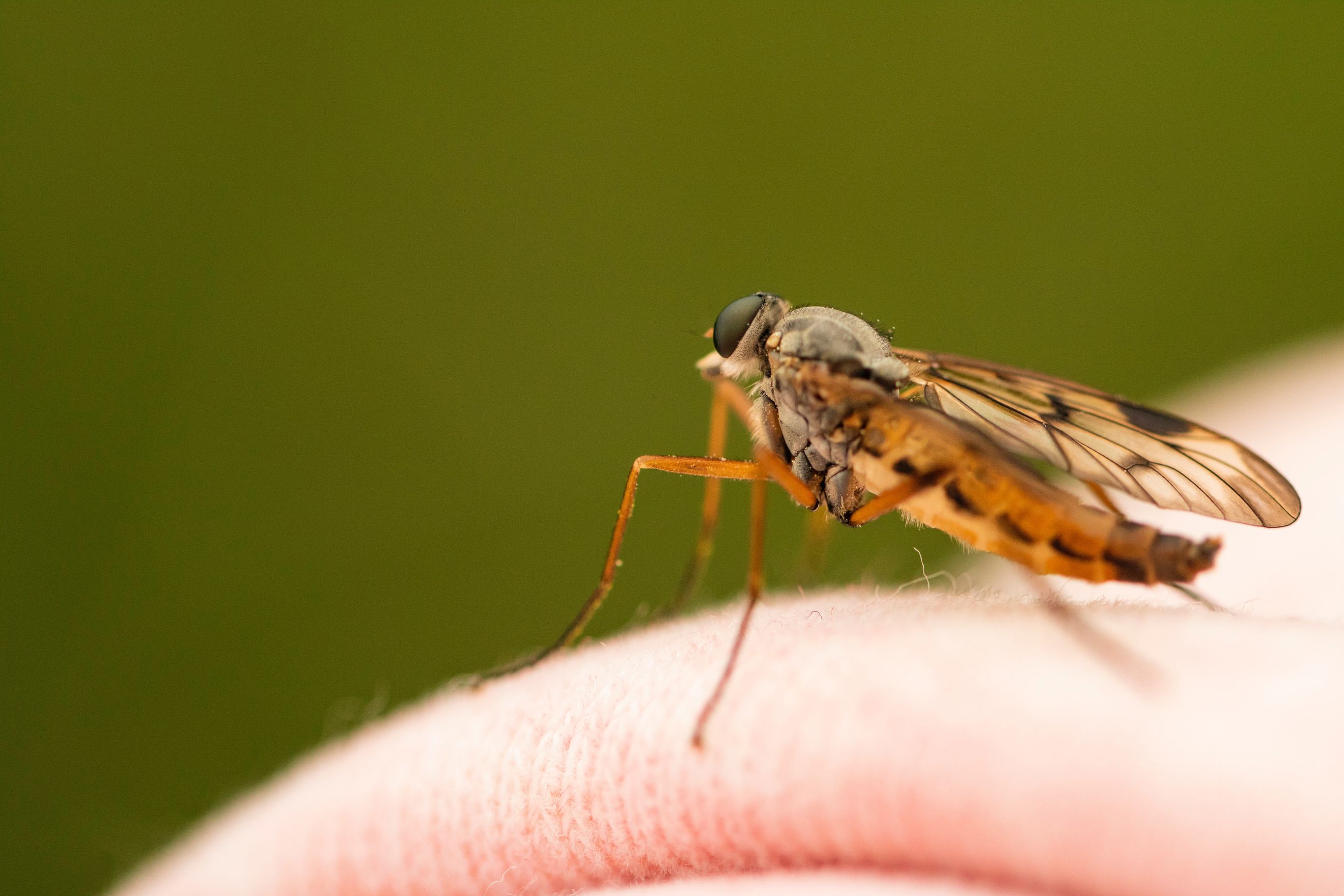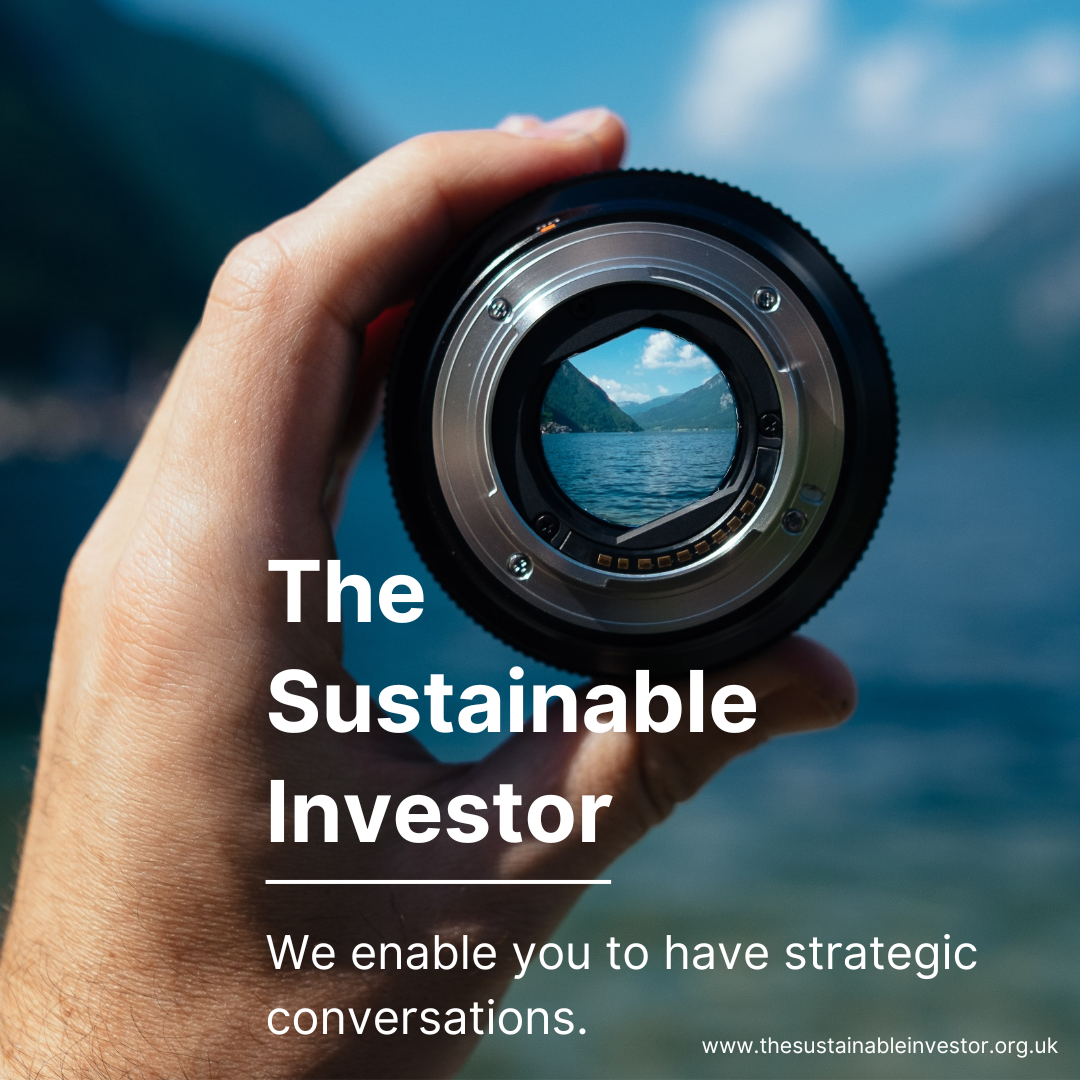
Climate change spreading the impact of infectious diseases.
Tropical diseases are coming to a community near you, even if you live in the temperate 'north'. A recent FT article highlighted this topic, which we wrote about last year (perhaps they read our blogs? ).
Some health issues that will arise from climate changes and environmental degradation don't tend to get the attention they deserve. In part this is because they are new risks, rather than just an amplification of what we are already seeing. Putting this another way, most businesses know they need to plan against increased levels of flooding. It's an understood impact, and so we know what we need to do, although implementation is often our weak spot. But many health impact changes are new, so we need to think differently about how we plan for them.
This is where sustainability professionals have an important role to play. Regular readers will know that we argue that sustainability must be a key input into any business's strategy. The role of sustainability professionals is not just to look forward and highlight what might be coming. It's also to portray these issues in a way that resonates with their finance and operational colleagues. Sustainability is not just an ethics issue, it's also a financial one. And leveraging off both factors makes it more likely that we will be able to generate action rather than just talk.
Some health issues, such as an expected increase in tropic and infectious diseases, need a different approach to other climate changes related risks.
First up, what is the challenge. The FT article highlighted a report by researchers at the University of Hawaii which indicated that some 58% of all infectious diseases encountered by humans can be aggravated by climate change. The main mechanism is a changed environment for the vectors of transmission, mainly mosquitoes and ticks. Illnesses that could increase include malaria, dengue fever and Lyme disease.
So, why is this an issue that sustainability professionals need to start acting on? This might seem like something that governments and health services need to act on, not companies. As well as the obvious impact on travel and tourism companies, think about the possible impact on recruitment and retention. If you have operations in say Southern Europe, or your staff travel there a lot, you will need to keep your staff healthy. Which could mean stepping up your preventative measures. And, you need to think about your ability to attract new recruit's or even your ability to persuade employees to travel.
You may not remember the reaction to the surge in Zika incidents in Latin America. Zika is spread by the Aedes aegypti mosquito, which also spreads dengue and chikungunya. In 2016 the US Centers for Disease Control and Prevention issued an alert advising pregnant women to consider postponing travel to Brazil and other Latin American and Caribbean countries. Which in turn caused a rash of cancelled holiday's and business trips. If you are trying to attract new employees, these diseases will make them think twice, or even look elsewhere.
This is another example of where sustainability professionals can make a real difference to the financial sustainability of the businesses they work in, helping to anticipate and prepare for change.
Link to blog 👇🏾

This article featured in What Caught Our Eye, a weekly email featuring stories we found particularly interesting during the week and why. We also give our lateral thought on each one. What Caught our Eye is available to read in full by members.
If you are not a member yet, you can read What Caught Our Eye when it comes out direct in your email inbox plus all of our blogs in full...


Please read: important legal stuff.


